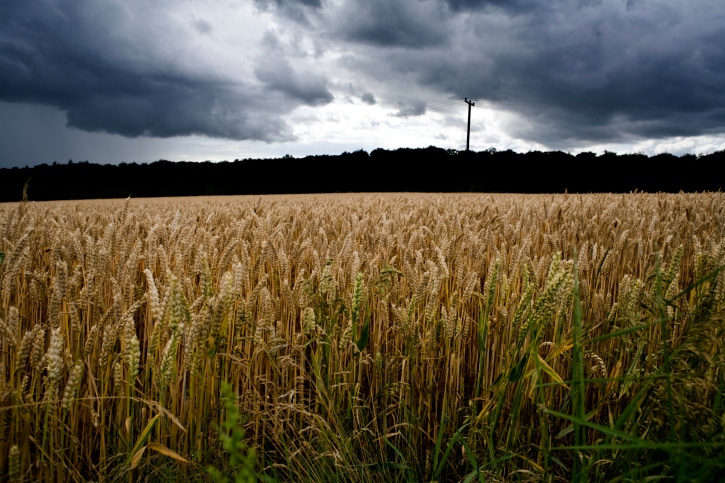
Due to smaller than expected wheat harvests in Iraq, and subsequent lower than expected government procurement of local wheat, several senators are asking the U.S. Ambassador to Iraq, Matthew Tueller, to engage in the wheat tendering process and for the U.S. Department of State to offer additional assistance to the Iraqis to purchase U.S. wheat.
Iraq is a “swing” market for U.S. wheat, primarily hard red winter wheat, according to Steve Mercer, vice president of communications for the U.S. Wheat Associates. Some years following plentiful harvests, no U.S. wheat is imported. For example, there were no sales to Iraq in marketing year 2020/21 because their harvest was good, explains Mercer.
There have not been any recent shipments of U.S. wheat to Iraq. In the 2017/18 and 2018/19 marketing years, there was just under 675MMT each marketing year for hard red winter wheat. It dropped to 210MMT in the 2019/20 marketing year.
Five senators, John Boozman, R-Ark., Jerry Moran, R-Kan., Roger Marshall, R-Kan., John Cornyn, R-Texas, and James Inhofe, R-Okla., requested Tueller to assist with financial assistance for the Iraqis and ensure U.S. wheat is readily available. “The current wheat situation in Iraq is troublesome,” they note.
“Iraq will need to import a substantial volume of wheat to continue to operate their primary subsidized feeding program, the Public Distribution System. That situation is made more dire by Iraq’s current budget challenges and their lengthy tendering and inspection systems – from the time a tender is issued, it takes nearly 3 months for wheat to arrive in country. That means the Iraqis need to act now, to ensure their PDS has ample wheat available late this fall,” the letter says.
The U.S. is a natural partner to supply wheat to Iraq in times of need. “However, as you are well aware, wheat purchases by Iraq require multiple ministries working in tandem – which is where we are hopeful your outreach to them can be helpful,” the letter says.
A previous wheat memorandum of understanding created a tendering process that functions well and receives good U.S. exporter participation. Also, the U.S. Export-Import Bank nearly a year ago established a $450 million export credit guarantee for wheat and rice sales to Iraq. “That financing tool remains available and has yet to be tapped,” the senators write.
“We are asking for support to help push the wheat tendering process along and for the State Department to offer additional assistance to the Iraqis to access the EXIM tools,” they conclude.
U.S. wheat groups are hopeful the ambassador’s continued engagement in facilitating ag trade can help the tendering process and allow Iraq to leverage available US Export-Import Bank financing tools to secure hard red winter wheat.
Jacqueline Holland, Farm Futures grain market analyst, notes Iraq is only expected to be the 22nd largest wheat importer in the world this year, with only 1% of global wheat flows going into the country. If wheat trade does increase with Iraq, it is positive market news, but unlikely a huge market mover.
“It’s still good demand exposure for farmers, but just be wary that the volumes aren’t likely to result in lasting price gains for U.S. wheat futures in the same way that Chinese purchases have done over the past year,” Holland notes.
About the Author(s)
You May Also Like






